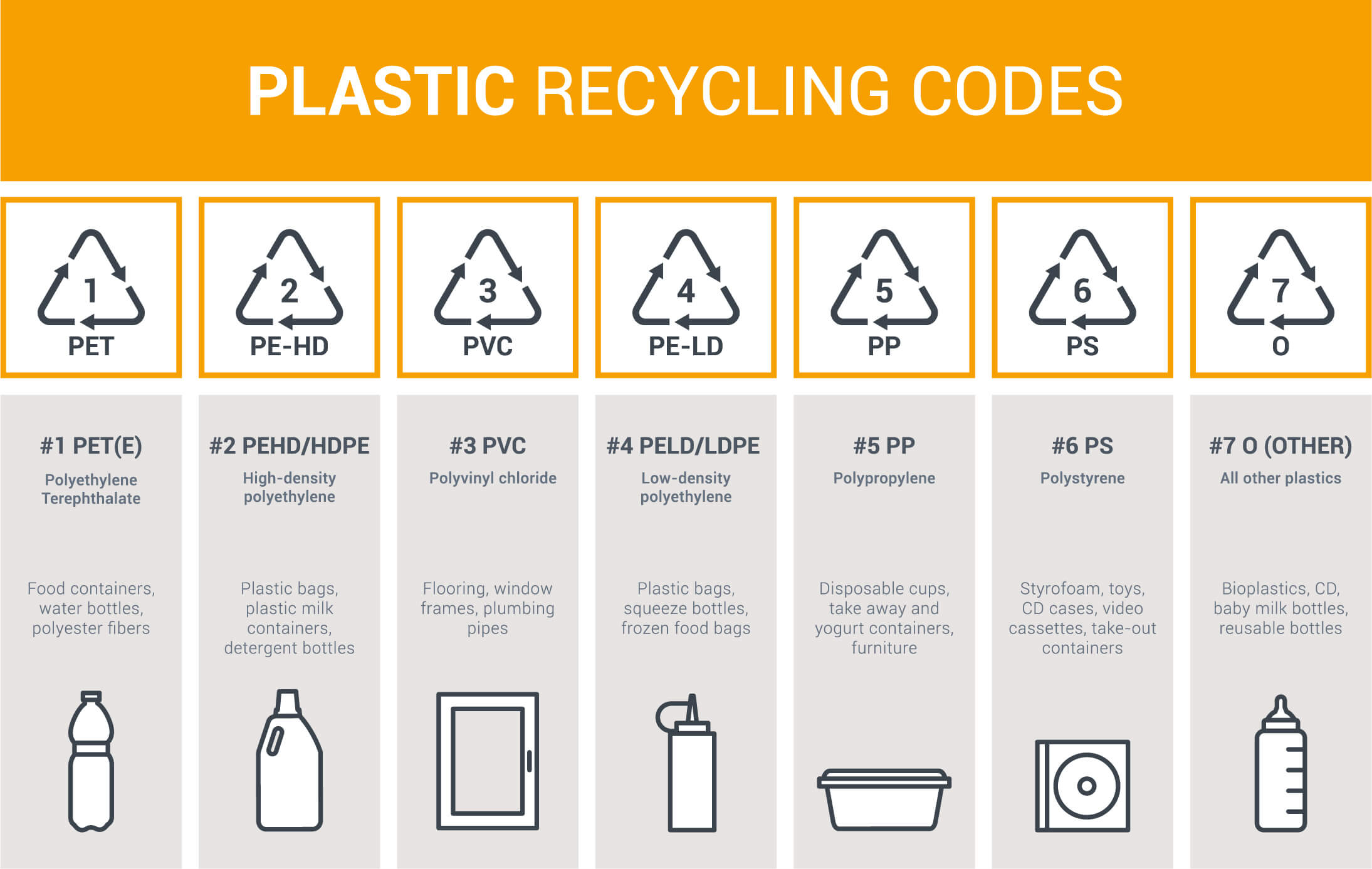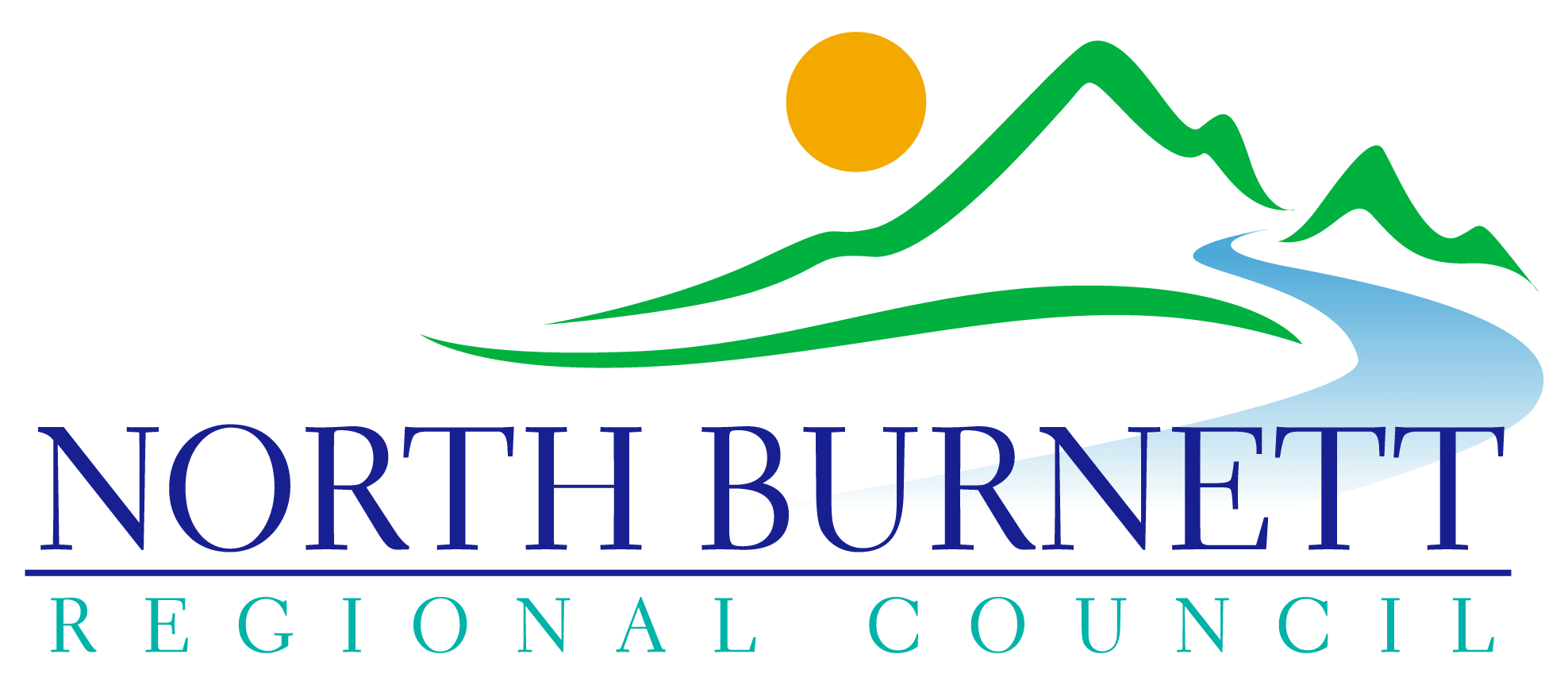Waste Management

North Burnett Waste Fees and Charges
Waste Facility Open Hours
Unfortunately, there will be times where Council has to temporarily change opening hours of our facilities.
North Burnett Regional Council has worked hard to upgrade its waste disposal facilities to meet demand, legislation, and user expectation. Council’s Waste Management facilities are supervised and open as follows.
| Location | Monday | Tuesday | Wednesday | Thursday | Friday | Saturday | Sunday |
|
Biggenden – 621 Old Coach Rd Eftpos available |
Closed | Closed | 12.30pm – 4.30pm | Closed | 12.30pm – 4.30pm | Closed | 12.30pm – 4.30pm |
|
Eidsvold – 29 Eidsvold Dump Rd Eftpos available |
Closed | Closed | 12.30pm – 4.30pm | Closed | 12.30pm – 4.30pm | Closed | 12.30pm – 4.30pm |
|
Gayndah – 85 Rifle Range Road Eftpos available |
Closed | Closed | 12.30pm – 4.30pm | Closed | 12.30pm – 4.30pm | Closed | 12.30pm – 4.30pm |
|
Mundubbera – 26 Middle Boyne Rd Eftpos available |
8am – 4pm | Closed | 8am – 12pm | Closed | 8am – 12pm | 8am – 4pm | 8am – 4pm |
|
Mt Perry – 5349 Gayndah Mt Perry Rd Eftpos available |
Closed | Closed | 12.30pm – 4.30pm | Closed | 12.30pm – 4.30pm | Closed | 12.30pm – 4.30pm |
|
Monto – 34 Langs Rd Eftpos available |
Closed | Closed | 12.30pm – 4.30pm | Closed | 12.30pm – 4.30pm | Closed | 12.30pm – 4.30pm |
Recycling
North Burnett Regional Council has various recycling stations at each waste management facility.
Recycling is an important process which is vital to minimising the impact that we have on the environment by reducing waste. By recycling it is possible to produce new products for use within society in a more environmentally friendly way as the recycling process requires much less of the earth’s natural resources.
How can you help?
Ensuring products that can be recycled, are recycled is the first step. Next time you go to throw something in the bin, think about if it can be recycled, and if so, separate it from your general waste. That way, when you’re ready you can take it to your local recycling centre or waste facility’s recyclable collection area. This is a good practice to get into for both your home and your workplace. Also, make sure you spread the word. Tell your friends and family about the importance of recycling, so they to can act towards a more sustainable future.
Another good habit to get into is buying products that have been made from recycled goods. By doing this when you’re shopping, you actively support the recycling process, by choosing products that were not made from natural resources that cannot be regenerated.
What can be recycled at Council’s Waste Facilities?
Council does not offer a kerbside recycling service in the North Burnett, but alternatively Council has various recycling stations at each waste management facility.
Waste Management Facility Sites accept:
- Cardboard
- Steel/Aluminium
- Plastics (1-2)
- Waste Oil
- Batteries
- E-Waste
* Cardboard recycling is currently not available at Mount Perry and Monto.
* Eidsvold Waste Facility does not currently accept cardboard, waste oil, batteries or DrumMuster.
Download the ‘What you can recycle in the North Burnett’ Fact Sheet here:
Council also offers waste collection services. To find out more about this, see our Waste Collection page.
Paper/Cardboard
North Burnett Regional Council is pleased to continue our effort in reducing the amount of waste reaching the landfill. Council have cardboard balers located at 3 of our waste facilities. Cardboard is baled onsite and then transported to a recycling facility. Council also have cardboard recycling bins available at 2 additional sites where cardboard baling is not undertaken. North Burnett Regional Council wishes to thank the community for making this project viable and hope that you continue to support this worthwhile venture.
With the need to utilise environmentally friendly practices and the need to act towards an ecologically sustainable future, North Burnett Regional Council entered into the arrangement because we recognise that with the ever increasing amounts of waste heading to landfill, new options for waste management need to be engaged. Since the implementation of the cardboard baler we have been able to prevent nearly 123 tonne of cardboard material entering the landfill in the 2017 financial year.
North Burnett Regional Council wishes to encourage the community to make use of this service by ensuring that the next time you visit the waste management facility you make sure to separate your cardboard from the rest of your waste.
Please note: Paper/Cardboard recycling is available at Gayndah, Mundubbera, Eidsvold, and Monto Waste Management Facilities.
Aluminium Recycling
Aluminium soft drink cans, beer cans and aluminium cooking foil can all be recycled.
Rinse and crush aluminium cans before putting them out for recycling. To conserve water, rinse cans in used dishwater or in a bucket with other recyclables. If you collect cans from public places to sell at buy back centres, be sure to check that no sharp objects, such as syringes, have been placed inside the can before crushing.
Steel Recycling
Empty paint cans are also recyclable but any leftover paint or varnish should be disposed of carefully.
Steel/Aluminium Cans can be recycled at all of Council’s Waste Management Facilities.
Plastics
Plastics are increasingly used in our everyday life, thus recycling is more important than ever to reduce waste. Identifying the type of plastic is essential because each type of plastic is recycled differently.

North Burnett Regional Council recycle plastic 1 to 2. Plastic 3 to 7 are to be disposed of as general waste (fees may apply).
Contamination of recyclables is a problem because it raises the costs for collectors, recyclers and the community. Make sure you are aware about what plastics can be recycled and only dispose of the correct type at your waste management facility recycling station. To prepare plastics for recycling, rinse residue from bottles and containers, remove lids.
E-Waste
E-Waste recycling collection services are offered at all waste facilities across the region with green bins at each site specifically for your E-Waste.
What can be placed in E-waste recycling bins?
- Computers and accessories
- Electrical appliances
- mobile phones
- power tools
- televisions
- whitegoods
- When electrical appliances are thrown away, they become electronic waste or e-waste, which is the fastest growing type of waste in Australia.
- Electrical appliances are made up of a broad range of materials including precious metals (such as gold and platinum), toxic heavy metals, metal circuitry, mixed plastics, fire retardants, and glass. When the appliance is recycled, these valuable materials stay in use, which means fewer new or ‘virgin’ materials need to be mined from the ground.
- Reduces greenhouse gas emissions and prevents valuable materials from going to waste in landfill.
- Up to 95% of materials can be recovered for reuse and recycling.
- Electronic appliances are dismantled, and the different components are sorted.
- Many of the materials including glass, copper, plastics, metals, and precious metals are recovered for further processing so they can be used to make new products.
Waste Oil
Disposing of used oil the wrong way has the potential to pollute land, water and infrastructure, so we need to recover and recycle as much of it as possible. Consider that it takes only one litre of oil to contaminate one million litres of water and a single automotive oil change produces 4 to 5 litres of used oil.
Unfortunately, not all used motor oil is disposed of appropriately in Australia. Used motor oil ends up in landfill when put into containers in household garbage bins. Inappropriate uses include pouring onto weeds, spraying on roads as a dust suppressant, cleaning tools and protecting timber posts and fences from termites. These practices are harmful because the used oil can then enter the soil and leach through to contaminate ground water.
Storing containers of used oil in sheds on farms and in garages creates a fire hazard. It is also dangerous to store used oil in containers for long periods of time. Many materials can degrade when in contact with used oil, increasing the risk of a spill.
Waste oil can be recycled at council’s Gayndah, Mundubbera, Eidsvold, Biggenden and Monto Waste Management facilities
Container Refund Scheme
Containers for Change commenced on 1 November 2018, with more than 230 container refund points in operation across the state.
The introduction of the state-wide container refund scheme, Containers for Change, gives people an incentive to collect and return containers for recycling, in exchange for a 10 cent refund payment.
To find a container refund point visit https://www.containersforchange.com.au/where-can-i-return
Alternatively, for further information about Containers for Change visit https://www.qld.gov.au/environment/pollution/management/waste/recovery/reduction/container-refund
drumMUSTER Container Recycling
drumMUSTER and ChemClear are voluntary programs of AgStewardship Australia Limited. Its members are CropLife Australia, Animal Medicines Australia Limited, Veterinary Manufacturer’s and Distributors Association and the National Farmers Federation. drumMUSTER is funded by levies collected by AgStewardship, which was established to develop stewardship programs for Australia’s agriculture sector, along with ChemClear.
drumMUSTER is specially designed for the disposal of eligible, cleaned agvet chemical containers
Participating manufacturers are identified by the inclusion of the eligible drumMUSTER container logo on their eligible containers. The logo can be displayed on the chemical label, embossed into the container wall or applied as a sticker to the container. Containers not displaying this logo may be from non-participating manufacturers and will not be accepted into the program.
For further information refer to http://www.drummuster.org.au/

How do I schedule an appointment to dispose of my drumMUSTER Containers?
All drumMUSTER disposal appointments are to be scheduled by contacting the Environmental Services Team on 1300 696 272, 24 hours prior to disposal. Please ensure eligible containers are clean, residual free, with lids removed. Council Waste Management Staff will reject any drumMUSTER containers, if cleanliness is not up to standard.
MobileMuster
MobileMuster is the product stewardship program of the mobile phone industry and is accredited by the federal government. It provides a free mobile phone recycling program in Australia to the highest environmental standard.
Through the MobileMuster recycling process the team transforms the components from mobile phone waste into valuable materials for reuse. It means that fewer raw materials need to be extracted and processed to make new products.
The environmental benefit is gained from avoiding future greenhouse gas emissions, saving energy, protecting the environment and conserving natural resources. Through recycling you’re also preventing potentially hazardous materials from entering the environment.
For further information, refer to https://www.mobilemuster.com.au/
How do I recycle my mobile in the North Burnett?
MobileMuster recycling stations are located at Council’s Customer Service Centres.
What Cannot be Recycled at our Waste Management Facilities?
What Cannot be Recycled at our Waste Management Facilities?
Some products cannot be recycled and if included with products that can, may have devastating effects on the recycling process.
These products include:
- Plastic bags
- Cannot be recycled so try to reuse bags or use alternatives like cloth bags or boxes.
- Crockery / Porcelain
- Cannot be recycled and can contaminate whole loads of recyclables rendering it useless.
- Construction Waste
- Bricks and concrete cannot be recycled.
- Food Scraps
- Food scraps or food contaminated products cannot be recycled so try composting.
Management of regulated waste
Waste Reduction and Recycling Plan
The Waste Reduction and Recycling Plan 2021-2026 outlines the strategies, priorities and action plans to meet the waste reduction and recycling targets.
